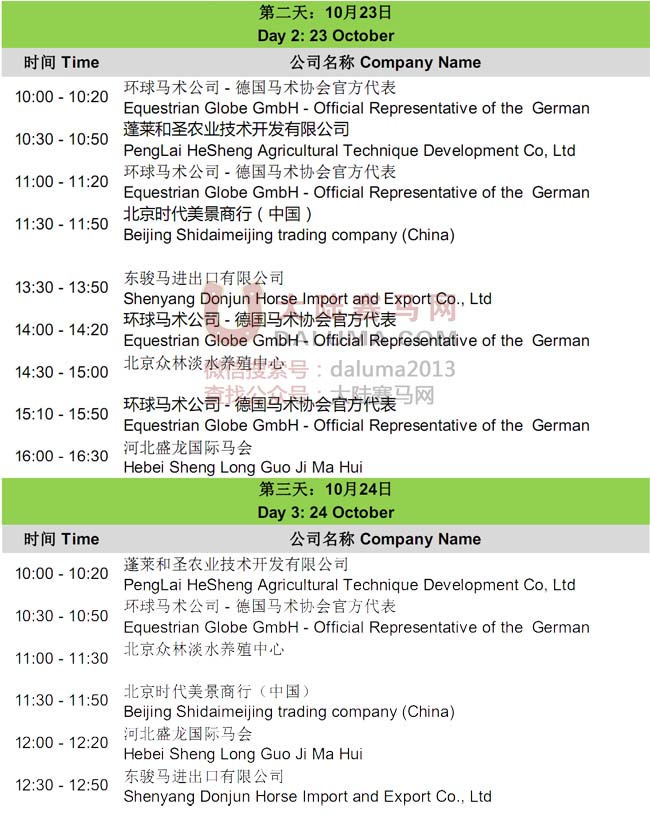黑帽快排缓存劫持|【唯一TG:@heimifeng8】|长沙U币支付服务平台✨谷歌搜索留痕排名,史上最强SEO技术,20年谷歌SEO经验大佬✨Investor’s Brief 08.04.25: US stock market loses $5 trillion in a week
Investor’s Brief 08.04.25: US stock market loses $5 trillion in a week
April 8,黑帽快排缓存劫持 2025 09:19Among companies with a capitalization of at least $10 billion, the largest increase last week was recorded by the American company Watsco, a leading supplier of large household appliances, whose shares increased by 44.20%. The price of one share reached $507.10. Next is CoreWeave. The shares of this American company implementing cloud computing increased by 19.55%, reaching $47.82. And this top three is rounded out by the financial services providing Rocket Companies, with a growth of 16.52%. The price of one share of this company is $15.40. The top three of large-capitalization companies that recorded the biggest losses last week is opened by Brown-Forman Corporation. This alcoholic beverage company's stock price fell by 49.18% in a week and is now at $32.02. Next is Micron Technology. The stock price of this American company, which produces memory devices and storage, fell by 26.82% and reached $64.72. And this top three is rounded out by Microchip Technology Incorporated. The stock price of this company, which is engaged in the production of semiconductors, fell by 25.63% and is at $36.22.
Last week was one of the worst for the stock market in more than two decades—and the worst since the coronavirus pandemic began. This was due to new tariffs imposed by US President Donald Trump on imported goods. These tariffs were much higher than expected, and raised fears among investors of a slowdown in the economy and rising inflation. Markets suffered heavy losses in the two days following the announcement of the new tariffs last Wednesday. The S&P 500 fell by 10.5% in two days. The weekly loss was 9.1%. The Dow Jones industrial average fell by 9.3% in two days, and the weekly loss was 7.9%. The Nasdaq fell 11.4% in two days—the stock market's biggest two-day loss since March 2025. Nearly half of the companies in the S&P 500 lost 10% or more of their market value, and 31 companies lost more than 20% of their value. In total, the capitalization of the US stock market fell by $5 trillion on Thursday and Friday.

The escalation of the trade war has raised fears of a global recession. US President Donald Trump has raised tariffs to the highest level in 100 years, and China responded by imposing an additional 34% tariff on US imports. These developments have shocked investors who had hoped for help from the US Federal Reserve—but chairman Jerome Powell's cautious stance only added to the uncertainty. Global oil prices fell sharply, falling more than 6% on Friday to their lowest level in four years. This means that demand is falling as the global economy slows. Economists expect US inflation to exceed 4% this year, while GDP may shrink in the fourth quarter.

Tech companies’ stocks were particularly hard hit by the market decline. The stocks of Nvidia (NVDA), Apple (AAPL), and Tesla (TSLA) took a significant hit on Friday, leading the decline in the tech stocks of the “Magnificent Seven.” Nvidia’s shares fell more than 7%, Tesla—more than 10%, and Apple—7%, losing more than $310 billion in market capitalization in just one day. Meta (META) shares also fell more than 5%. Analyst Daniel Ives of Wedbush has warned that Trump's new tariffs could crush the tech industry, especially the artificial intelligence (AI) sector, and lead to what he called an "economic Armageddon."
US stock futures also fell sharply on Sunday evening. Dow Jones futures fell 2.2%, S&P 500 futures—2.7% and Nasdaq futures—3.4%.
The trade war triggered by Trump's tariffs has weighed on global markets. Asian markets fell, with Japan's Nikkei down 8% and Hong Kong's Hang Seng—13%. European markets also fell, with Germany's DAX down 4.8% and the UK's FTSE—nearly 5%.
Donald Trump said his decision to impose higher tariffs was the right one, saying he did not intentionally shock the market. He said sometimes tough action is needed to solve problems. And his main objective, according to Trump, is to overcome the $1 trillion US trade deficit with China.
The US labor market showed strong growth in March, adding 228,000 jobs, significantly more than economists had expected. The growth was driven largely by the service and healthcare sectors, while manufacturing added just 1,000 jobs, far below expectations. While job growth remains sound, trade tensions are reducing business confidence. Markets have already reacted negatively, with stocks plunging, and there are concerns that the new tariffs will lead to price hikes and supply chain disruptions that could slow economic growth.
JPMorgan has become the first major Wall Street bank to predict a recession in the US economy due to the impact of President Trump's tariffs. The bank's chief economist, Michael Feroli, predicts that the US economy will enter a two-quarter recession in the second half of 2025, with GDP shrinking by 1% in the third quarter—and by 0.5% in the fourth quarter. This will lead to a 0.3% decline in GDP for the whole year. Prices are expected to rise, consumer spending will decrease, and unemployment will rise to up to 5.3%. A reduction in refinancing rates is needed to manage the slowing economy. JPMorgan expects the US Federal Reserve to cut interest rates starting in June.
Are you interested in investing? Discover your opportunities with Apricot Capital!
Apricot Capital is controlled by the Central Bank of RA.